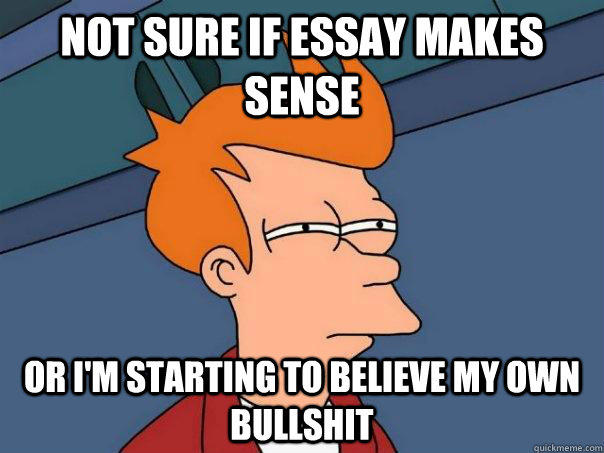
13) Everybody’s first novel sucks. Get over it.
You have one trunk novel, Blood Money. You write it right out of high school. It’s a pretty solid book for being written by an eighteen-year-old, but it’s far too complex an idea for your limited skillset at the time. Your next book, Leviathan, is more streamlined and miles ahead in execution. That doesn’t mean Blood Money was a waste of time and effort, 550 pages’ worth of birdcage liner. You’ll learn more from that first book than any subsequent one. Yes, it’ll kick your ass. Embrace that. Finish it. Whatever you write, finish it. Even if it’s a terrible rough draft that gets shoved in a drawer and never again sees the light of day. The only truly failed novel is a half-written one.
14) You’re gonna meet great people.
The writer’s journey is a solitary one. On occasion you’ll bump into others on their own journeys, like ships passing in the night. You’ll meet a plethora of folks along the way, the vast majority of whom will be decent, fun-loving individuals. Readers and fans who show up to your booksignings. Or literary agents on the hunt for a good book. Editors who strive to make your manuscript that much better. Librarians who help with research on your next project. Talented illustrators who create stunning cover artwork. Or contemporary authors who are there with topical advice or a sympathetic ear to commiserate. There are bound to be some assholes in the mix, that’s unavoidable for any large group of people, but you’ll be surprised at the low percentage of book people who fall into that category. And while you often can’t help those who’ve assisted you, it’s expected you pay it forward to the next generation.
15) It’s a twenty-year investment.
For some it may be a shorter period, for others slightly longer. I’d say twenty years is the average length of time between embarking on the writer’s journey and having it become your fulltime job. The first ten years are devoted to learning the intricacies of storytelling, an apprenticeship in the craft of fiction. It takes a decade to gather the tools necessary to pack your writer’s toolkit, then another decade to build a brand and transition your art from hobby to career.
16) HAVE FUN.
There are two kinds of writers: those who enjoy writing, and those who enjoy having written. Don’t be the latter. Love the process, warts and all. On certain days getting every word down will feel . . . like . . . pulling . . . teeth. Luckily, those moments are rare. Most days you put in your time at the keyboard and move on with your life. Then there are those rare, dazzling instances when your brain’s firing on all cylinders and everything lines up on its own, as if by magic. Like cruising down Sunset Boulevard and hitting every streetlight green. It’s easy to love writing at those moments; learn to love it equally on the lesser days.











